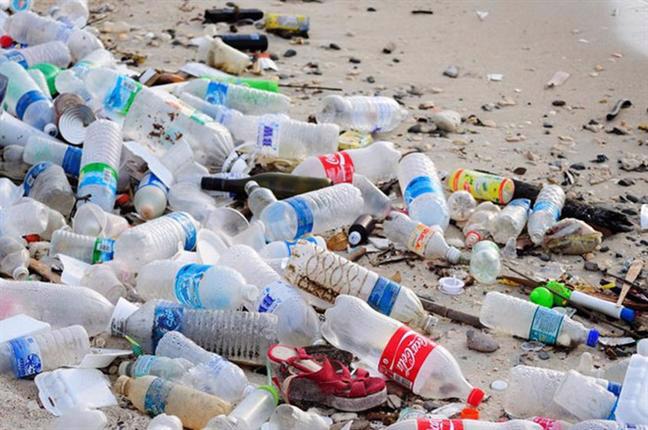This article was published in The Citizen Newspaper, Tanzania on July 8, 2025.
Shimbo Pastory
There is currently a lot of plastic littered around our environments. It is more of less a normalized kind of pollution. Everyone looks at his or her own littering as something small in the midst of an already big mess, hence withholding one’s litter seems not to be of help.
It is undeniable that our markets, towns, cities do not reflect a good sense of value for hygiene. We need a culture of hygiene not to be safe from fines and sanctions, but as a value we carry with us as a people.
I encountered young primary school students in a tricycle at the heart of a Mbeya city. One threw outside the moving tricycle a plastic food wrap along the road. Just before I could react, another one did the same. When I asked them, one said “Lakini kila mtu anatupa hivyo” (but everyone litters like that).
It was a shocking answer, but one revealing the actual problem that needs to be solved. Children see and imitate what adults do. When adults have not internalized hygiene it is hard for children to learn the opposite of what they see.
While the advocacy here is not to eliminate use of plastics completely, as there are important functions or plastics such as in plumbing and machinery. We rather advocate for reduction in production and use of single-use plastics.
By single-use plastics we mean those plastics products that are designed to be used only once before being discarded of recycled as the case may be. They can also be called disposable plastics.
These are dangerous becuase aside from multiplying litter, they do not properly decompose, which in return increase the volume of plastic waste, which we can hardly do away with.
Our public recycling system in Tanzania is almost non-existent. The amount of plastic waste which is recycled is less than 10%. The rest is either burnt, buried, or just piled around.

The culture of segregate waste is extremely uncommon among the citizens and we mostly mix everything together. While some people tend to segregate, the haulers mix everything again, making the effort to segregate waste meaningless.
We need to learn from countries that have succeeded in waste management and recycling schemes. Without a working waste management system, individual efforts cannot add value in the bigger dream of reducing use and poor disposal of single use plastics.
Speaking of use of single-use plastics, we need policies that strictly forbid entry of unnecessary plastics, especially in packagings.
We need to more and more invest in biodegradable packaging, especially for consumables like foods and drinks. About 40 per cent of plastic waste has a connection with food and drinks.
Actually, the streets of cities like Dar es Salaam we can easily spot the local brands that contribute the most in littering, yet no measures are taken against them. While having most sales is a mark of success, littering the environment at the same rate with plastic remnants of one’s products is not something to be proud of.
The government could ask such companies to find ways to recycle their packages and bottles, since they have a big market. There is every right for such companies to be considered polluters, even if it is not their main purpose.
Nevertheless, it is important to mention that this knowledge hasn’t materialized productively in our classrooms. From basic education our children need to be taught the effects of plastics and what to do to control the situation in their own little ways. This also needs to be done in practice in order to have a stronger impact in them.
We must act local, even though our vision is global. Every little effort helps. At the moment there are hundreds of trillions plastic particles in the oceans, these affect the life aquatic creatures and the oceans’ vegetation. If the trend continues, many more species will go to irrecoverable extinction. With continual disposal in the land the plastic load increases which is unsafe for our land and vegetation, and the entire ecosystem.
We must be concerned together as a people, and instill this consciousness among young people. The rise in cases of cancers today is attributed to over-exposure and consumption of plastics.
Studies have found a huge number of plastics derivatives to be carcinogenic. As such where possible, alternatives to packaging of food and drinks in plastics can be thought off with whatever is obtainable locally, since we cannot even dispose well the plastic wastes after use of such product.
Shimbo Pastory is an advocate for positive social transformation. He is a student of Loyola School of Theology, Ateneo de Manila University, Philippines.
